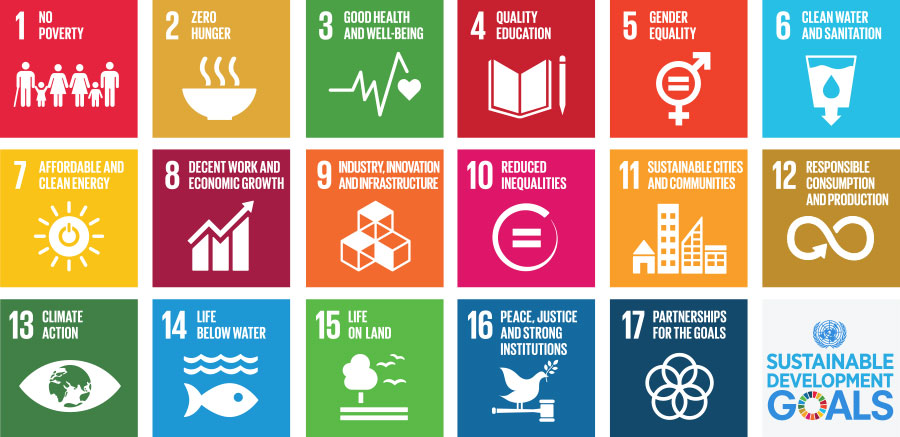Microfinancing is the provision of small-scale financial services to people outside the formal banking system. Often micro-entrepreneurs and small businesses are lacking access to simple banking and related services, so microfinancing has been developed to plug this gap.
Microfinancing includes not just financing services, but also savings, insurance and money transfers. It helps poor people out of poverty and promotes economic development, employment and growth through financial inclusion.
With microfinancing, poor people are given the means to start or expand their small business, typically simple enterprises such as a kitchen gardens, workshops or a road-side stall. Access to microfinancing opens up new opportunities, allowing them to invest in their business to increase income, making it easier to afford better housing and food, pay for medical bills and education, while still repaying the financing.

Microfinance or financial inclusion is a globally recognised development initiative. Following on from the Millennium Development Goals (MDGs), the United Nations General Assembly adopted 17 new sustainable development goals (SDGs) in September 2015, intended to eradicate poverty by the year 2030.
The first of these SDGs is to “End poverty in all its forms everywhere.” One target within this goal is to “ensure that all men and women, in particular the poor and the vulnerable, have equal rights to economic resources, as well as access to… financial services, including microfinance.”
GEMicro is particularly promoting the use of innovative ethical financing tools prevalent in the world of Islamic banking, which uses participatory rather than exploitative instruments, ranging from zero-interest or benevolent loans (in Arabic Qard Hassan) to trade-based financing transactions such as Murabaha, Salam and Ististna, plus micro-equity instruments like Mudaraba or Musharaka.
We believe that instruments that don’t rely on interest – regardless of the business outcome – create a more equitable and fair financial solution for poor people. By sharing in the risk of doing business with the client, Microfinance Institutions (MFIs) are encouraged to ensure that their financing practices are not one-sided, as their own sustainability is based on the success of the micro-entrepreneur. This approach provides a solution much closer to the original objectives of microfinancing, preventing MFIs from mission drift.
